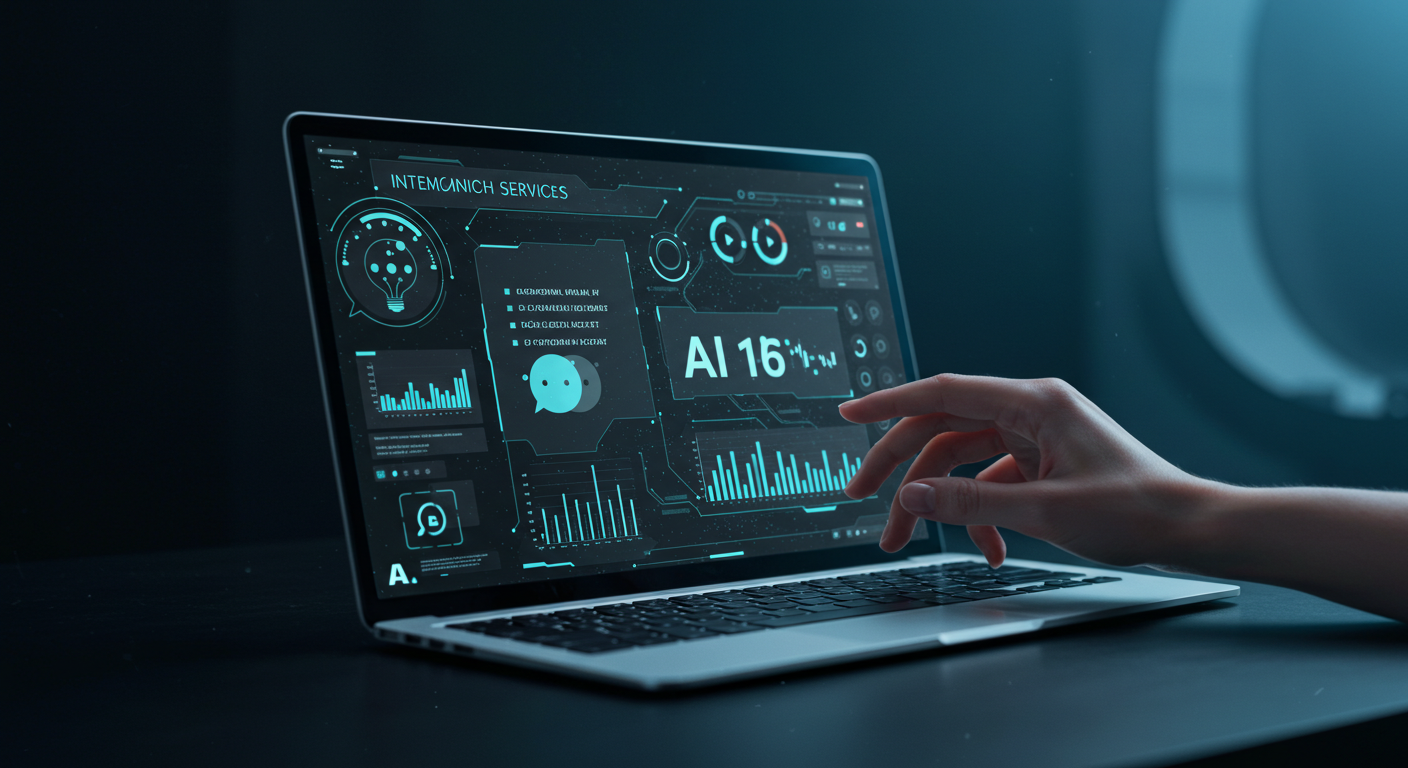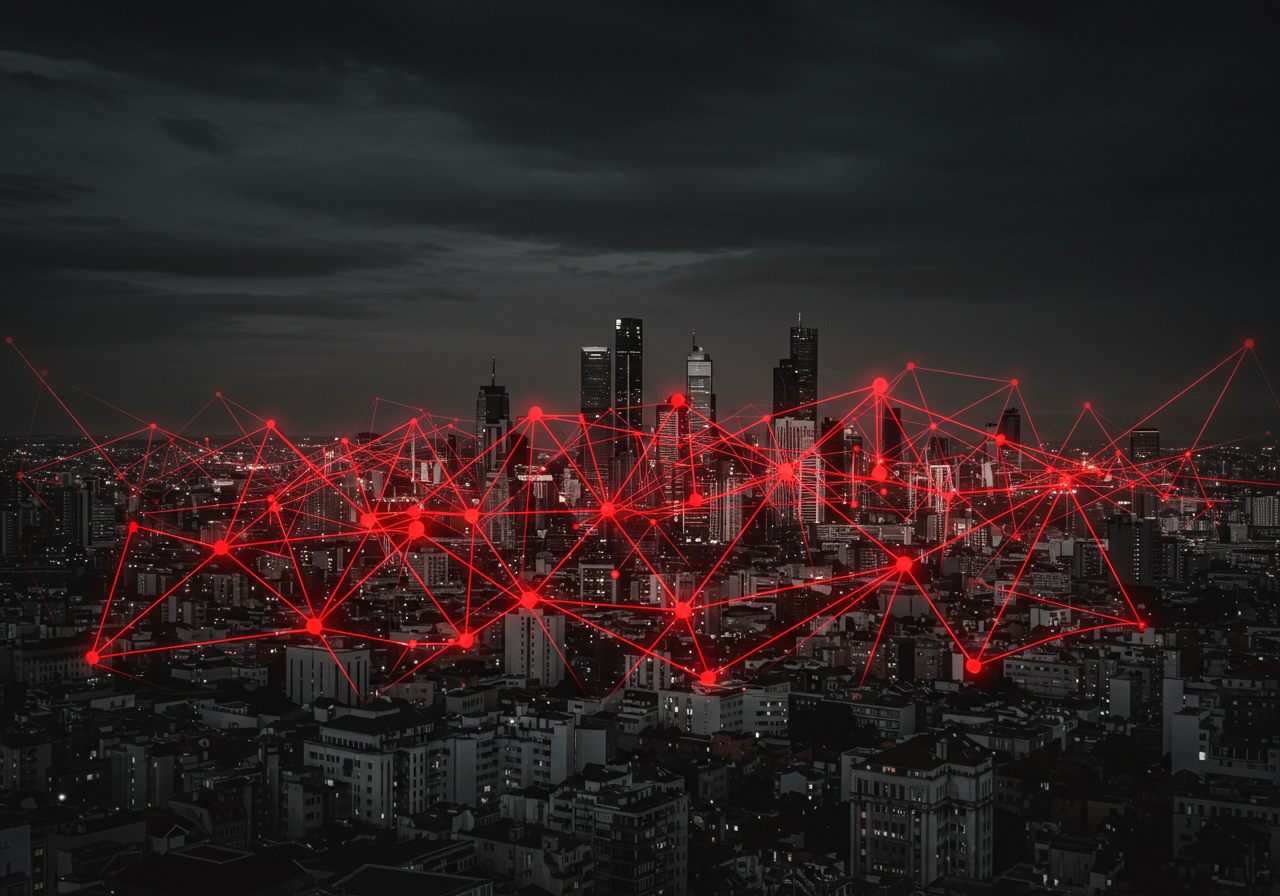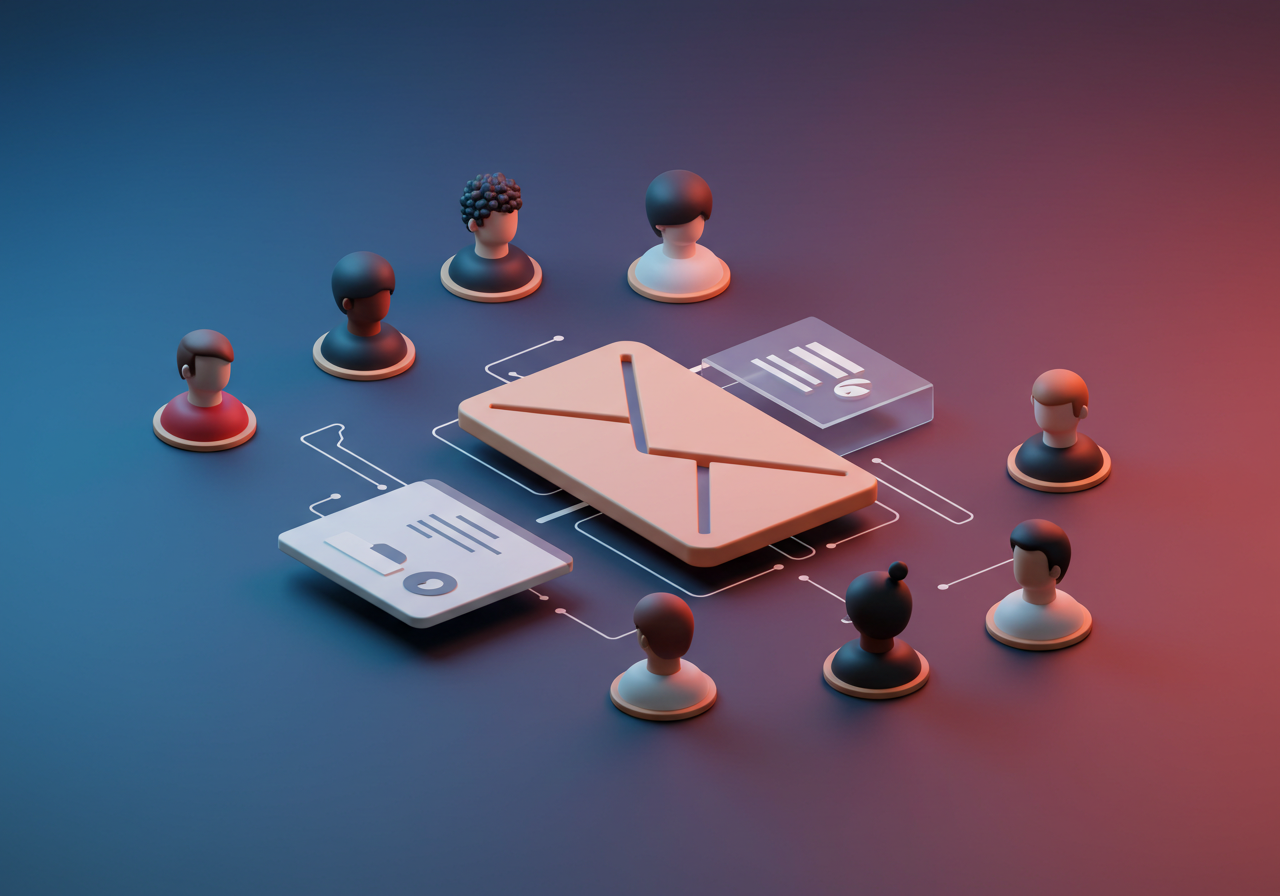Artificial intelligence (AI) is no longer a futuristic concept—it has already become a core part of modern business operations. From automating tasks to enhancing decision-making, AI is reshaping industries at an unprecedented pace. Companies are leveraging AI-driven tools to improve efficiency, reduce costs, and enhance customer experiences. This article explores the various ways AI has already affected businesses across different sectors.
AI in Automation: Increasing Efficiency and Reducing Costs
One of the most significant impacts of AI on business is automation. AI-powered systems can handle repetitive and time-consuming tasks that were previously performed by humans. Many businesses use AI-driven software to automate tasks such as scheduling, data entry, and document processing. AI-powered virtual assistants like Microsoft Copilot and Google Bard can draft emails, generate reports, and even summarize meetings, allowing employees to focus on higher-value work.
AI-driven robotics have revolutionized manufacturing by streamlining production lines. Companies like Tesla and BMW use AI-powered robots for assembling vehicles, reducing errors and increasing production speed. These robots can adapt to new tasks through machine learning, making them more versatile than traditional automation. Businesses use AI for predictive analytics in supply chain management. AI algorithms analyze past data to anticipate demand, optimize inventory levels, and improve logistics. Companies like Amazon utilize AI-driven warehouse robots to sort, pack, and ship products efficiently, reducing operational costs.
AI in Customer Experience: Personalization and Chatbots
Customer experience has improved significantly with AI-powered solutions that offer personalized recommendations and instant customer support. AI algorithms analyze customer behavior and preferences to deliver highly targeted marketing campaigns. Platforms like Netflix and Spotify use AI to suggest movies and music based on user history, creating a more engaging experience. Retailers like Amazon and Sephora leverage AI for personalized product recommendations, boosting sales and customer satisfaction.
Many businesses now rely on AI-powered chatbots to handle customer inquiries. Companies like H&M and Bank of America use AI chatbots to assist customers with transactions, troubleshooting, and product recommendations. These chatbots reduce wait times and provide 24/7 support, improving overall customer experience. AI-powered sentiment analysis tools help businesses understand customer emotions through reviews and social media comments. This allows companies to respond proactively to customer concerns, improve products, and enhance brand reputation.
AI in Finance: Fraud Detection and Risk Management
The financial industry has embraced AI for security, fraud detection, and risk assessment, leading to more accurate and efficient financial management. Financial institutions use AI to detect fraudulent transactions in real time. AI algorithms analyze spending patterns and flag unusual activities. Banks like JPMorgan Chase and Wells Fargo utilize AI-powered fraud detection systems to prevent unauthorized transactions and enhance security.
Investment firms rely on AI for high-frequency trading, where algorithms analyze market trends and execute trades at optimal times. AI-driven trading bots can process vast amounts of data faster than human traders, maximizing profits and minimizing risks. Traditional credit scoring models rely on limited data points, but AI-driven credit assessments consider alternative data such as social media activity and transaction history. This allows financial institutions to assess creditworthiness more accurately, expanding financial inclusion.
AI in Healthcare: Improving Diagnosis and Patient Care
AI has transformed healthcare by enhancing diagnostics, optimizing treatment plans, and streamlining administrative processes. AI-powered systems analyze medical images such as X-rays, MRIs, and CT scans to detect diseases with high accuracy. Companies like IBM Watson Health and Google’s DeepMind have developed AI models that assist radiologists in diagnosing cancer and other conditions faster and more accurately.
Hospitals use AI to predict patient deterioration and optimize treatment plans. AI-driven predictive models analyze patient data to identify potential health risks and recommend early interventions, reducing hospital readmissions. Pharmaceutical companies leverage AI to accelerate drug discovery. AI algorithms analyze molecular structures and predict the effectiveness of potential drugs, significantly reducing the time and cost required to bring new treatments to market.
AI in Human Resources: Recruitment and Workforce Management
AI is transforming HR functions by streamlining recruitment, improving employee engagement, and optimizing workforce management. Companies use AI to automate resume screening, match candidates with job descriptions, and conduct initial interviews through chatbots. AI-driven platforms like HireVue analyze video interviews to assess candidates’ communication skills and cultural fit.
AI-powered tools analyze employee performance data to identify strengths and areas for improvement. This helps HR departments provide personalized training programs and improve employee retention rates. Businesses use AI to enhance productivity by monitoring workload distribution and suggesting workflow improvements. AI-driven platforms like Asana and Slack analyze work patterns to recommend task prioritization and collaboration strategies.
AI in Retail: Enhancing Shopping Experiences
Retail businesses use AI to optimize inventory management, improve customer experiences, and personalize marketing efforts. Retailers use AI to predict demand fluctuations and manage stock levels. AI-powered demand forecasting helps businesses minimize overstocking and stockouts, leading to increased profitability.
AI-driven cashier-less stores, like Amazon Go, use computer vision and sensors to track customer purchases, eliminating the need for checkout lines. This creates a seamless shopping experience and reduces labor costs. AI-powered virtual try-on technology allows customers to see how clothing, makeup, or accessories will look on them before making a purchase. Retailers like Sephora and Warby Parker use AI-driven augmented reality to enhance online and in-store shopping experiences.
AI in Cybersecurity: Strengthening Digital Protection
With cyber threats on the rise, AI is playing a crucial role in enhancing cybersecurity measures for businesses. AI systems analyze network traffic and detect anomalies that indicate cyberattacks. Companies like Darktrace use AI to monitor IT infrastructure in real-time and prevent security breaches.
AI-powered security tools respond to threats instantly by isolating affected systems and preventing further damage. Automated threat response reduces downtime and protects sensitive data. AI-driven facial recognition and biometric authentication improve security for online transactions and access control. Businesses use AI to prevent identity theft and enhance customer trust.
Ethical Concerns and Challenges of AI in Business
While AI offers numerous benefits, it also presents ethical and regulatory challenges. AI systems can inherit biases from the data they are trained on, leading to discriminatory outcomes in hiring, lending, and law enforcement. Businesses must implement fairness and transparency measures to mitigate bias.
As AI automates tasks, some jobs may become obsolete. Companies must focus on reskilling employees and creating new opportunities in AI-driven industries. Businesses must ensure responsible AI use by protecting customer data and complying with regulations like GDPR and CCPA. AI-powered surveillance and facial recognition also raise concerns about privacy rights.
AI has already transformed multiple industries by automating processes, enhancing decision-making, and improving customer experiences. Businesses that adopt AI strategically gain a competitive advantage, while those that resist risk falling behind. As AI technology continues to evolve, companies must balance innovation with ethical considerations to ensure a sustainable and inclusive future. Contact us today to discuss how AI can enhance your business.



